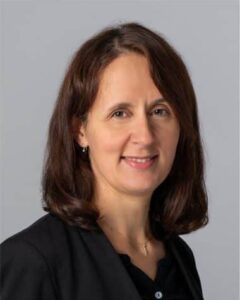- Planet
- Energy
- Health and biotech
- Digital
- Space
- Economics
- Industry
- Science and technology
- Society
- Geopolitics
- Neuroscience
- Videos
- Magazine

Avec Joëlle Toledano, Emeritus Professor of Economics at Université Paris Dauphine, Charles Thibout, Associate Doctor at CESSP and Associate Researcher at IRIS
Avec Adam Mastroianni, Postdoctoral Researcher at Northwestern University’s Kellogg School of Management
Avec Fanny Henriet , CNRS Research Director at Aix-Marseille School of Economics and Lecturer at Ecole Polytechnique (IP Paris), Christian Gollier, Executive Director at Toulouse School of Economics
Faced with global warming, it is now crucial for insurance companies to address environmental issues and climate disasters.
 Digital
Economics
Society
Digital
Economics
Society
Avec Martin Collet, Professor at Université Paris Panthéon-Assas
True, false or uncertain? GAFAMs benefit from more advantageous tax regimes than traditional companies in Europe...
 Digital
Society
Digital
Society
Avec Philippe Huneman, CNRS Research Director at Université Paris 1 Panthéon-Sorbonne, Oana Goga, Inria Research Director at Ecole Polytechnique (IP Paris)
The data we leave on websites is shared and sold, in particular to influence our online purchasing behaviour through targeted advertising.
 Society
Neuroscience
Society
Neuroscience
Avec Giuseppe Gangarossa, Professor of Neurobiology at Université Paris Cité
Lipids may influence our reward system.


Avec Estelle Peyrard, Research Associate at Ecole Polytechnique (IP Paris) , Cécile Chamaret, Professor in Marketing and Consumer Behaviour at Ecole Polytechnique (IP Paris)
Avec Hélène Masson, Senior Research Fellow at Fondation pour la Recherche Stratégique
France, the United Kingdom, Germany, Italy, Spain and Sweden are the main European countries that design, produce and export arms.
